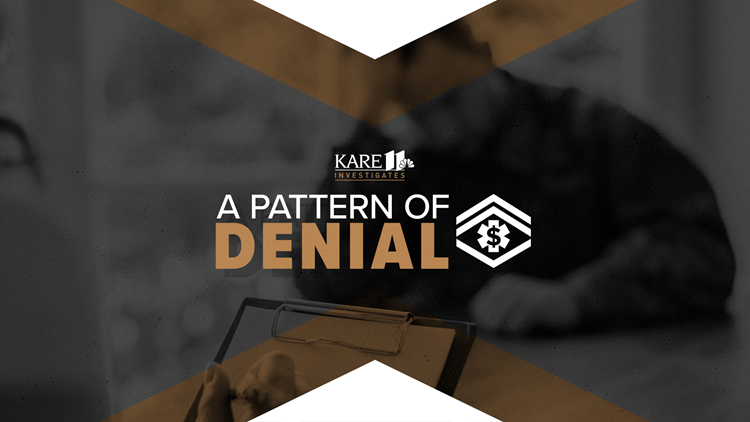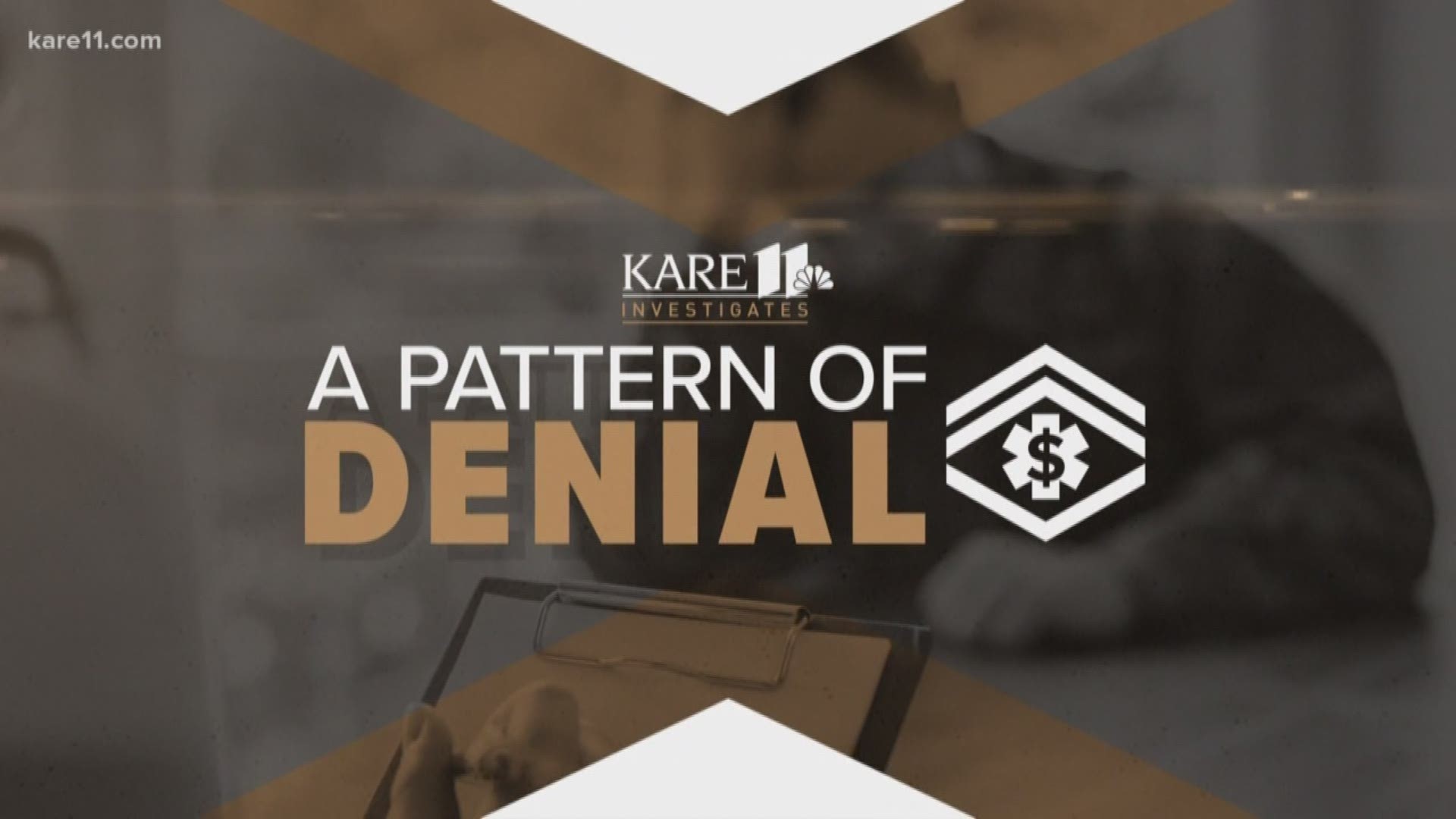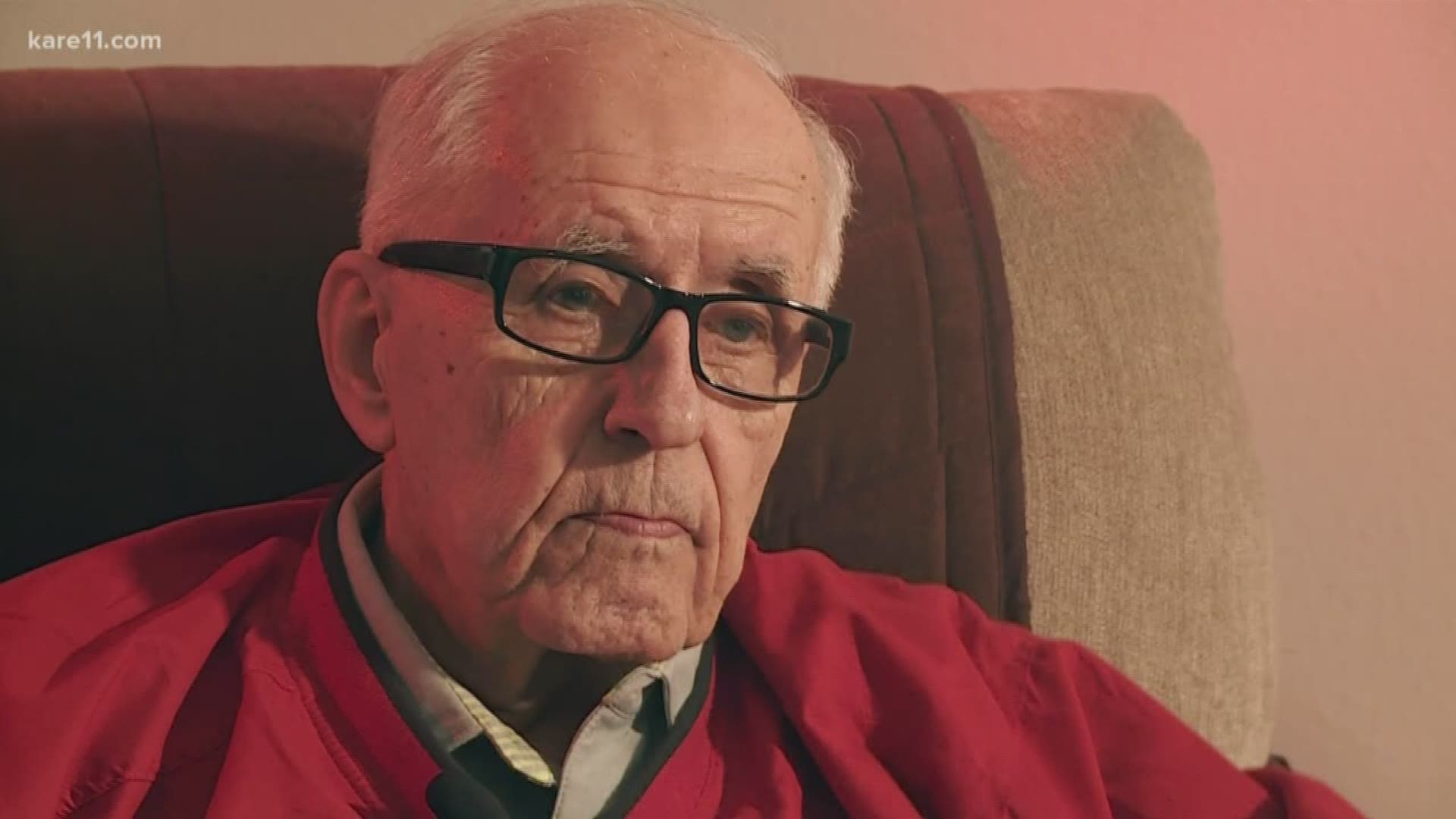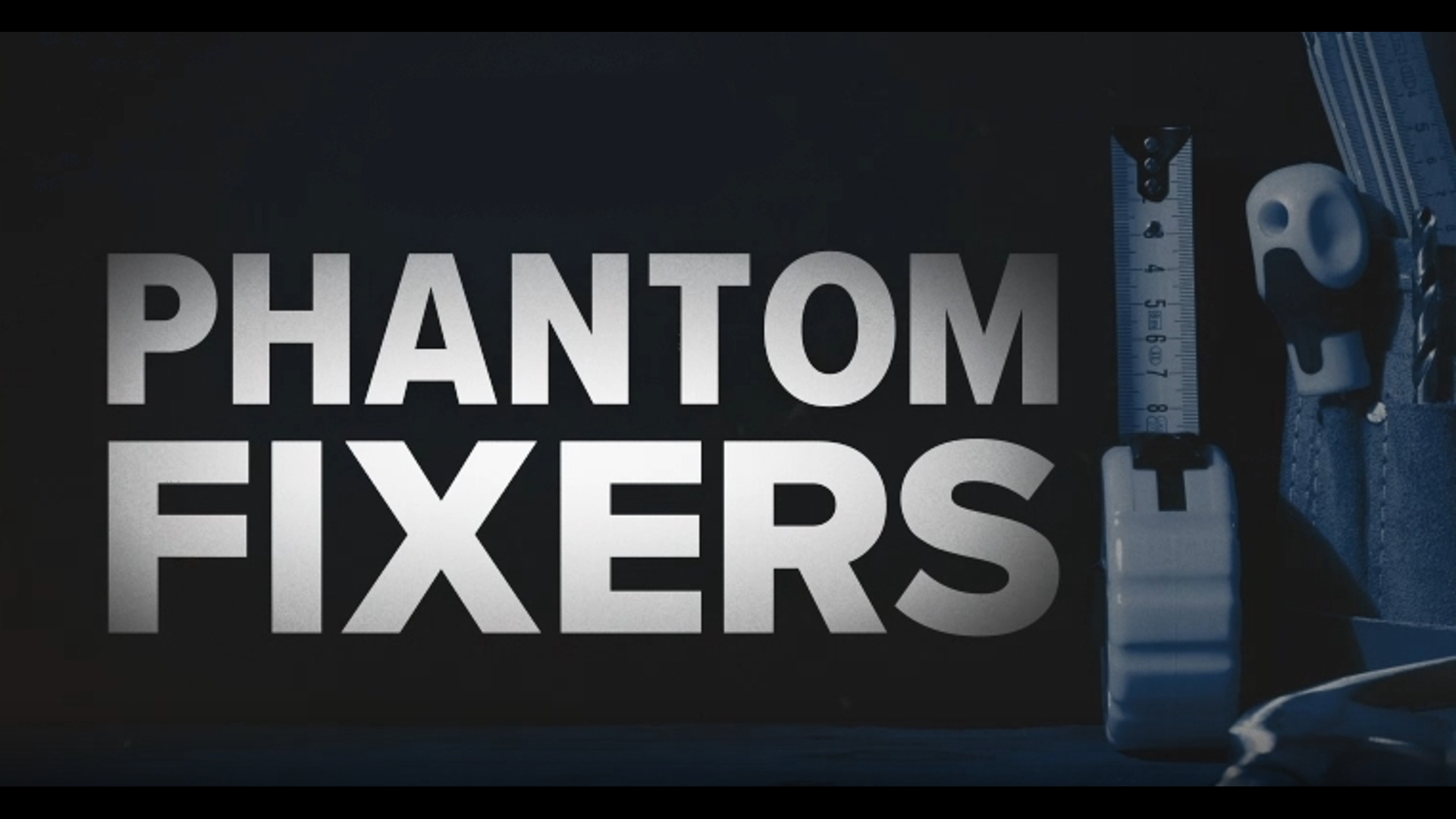WASHINGTON — In a blistering critique, which labeled the VA’s position “flimsy” and “thoroughly unpersuasive,” the U.S. Court of Appeals for Veterans Claims (CAVC) found the Department of Veterans Affairs violated federal law by issuing a rule last year that blocked it from reimbursing veterans for the costs associated with medical care received during an emergency.
The court ruled VA must reimburse veterans for expenses incurred when receiving emergency medical care at non-VA facilities.
The ruling, which came as part of a class action lawsuit, requires the VA to make billions of dollars in reimbursement payments to hundreds of thousands of veterans.
During an earlier hearing in the case known as Wolfe v. Wilkie, the three-judge panel cited KARE 11’s Pattern of Denial investigation to blast the VA for “doing everything it could” to limit ER bill reimbursements to veterans.
“All of this is unacceptable,” wrote Judge William S. Greenburg in the majority opinion which ordered the VA Secretary to “readjudicate these reimbursement claims.”
“The Court’s decision rights a terrible injustice and its order ensures that veterans who were unjustly denied reimbursement for critical emergency treatment at non-VA facilities will finally be reimbursed,” said plaintiff’s attorney Bart Stichman. “It is a hard-won victory for hundreds of thousands of veterans, especially those like Mr. Staab, Ms. Wolfe and Mr. Boerschinger for whom reimbursement is long overdue.”
The Richard Staab Story
The current class action lawsuit alleged VA failed to follow the law – and an earlier court ruling – requiring the government to reimburse veterans for emergency medical bills not already covered by insurance.
The earlier ruling is known as the “Staab” case. It was a landmark court decision in 2016 involving the Emergency Care Fairness Act (ECFA) passed by Congress and signed by President Obama.

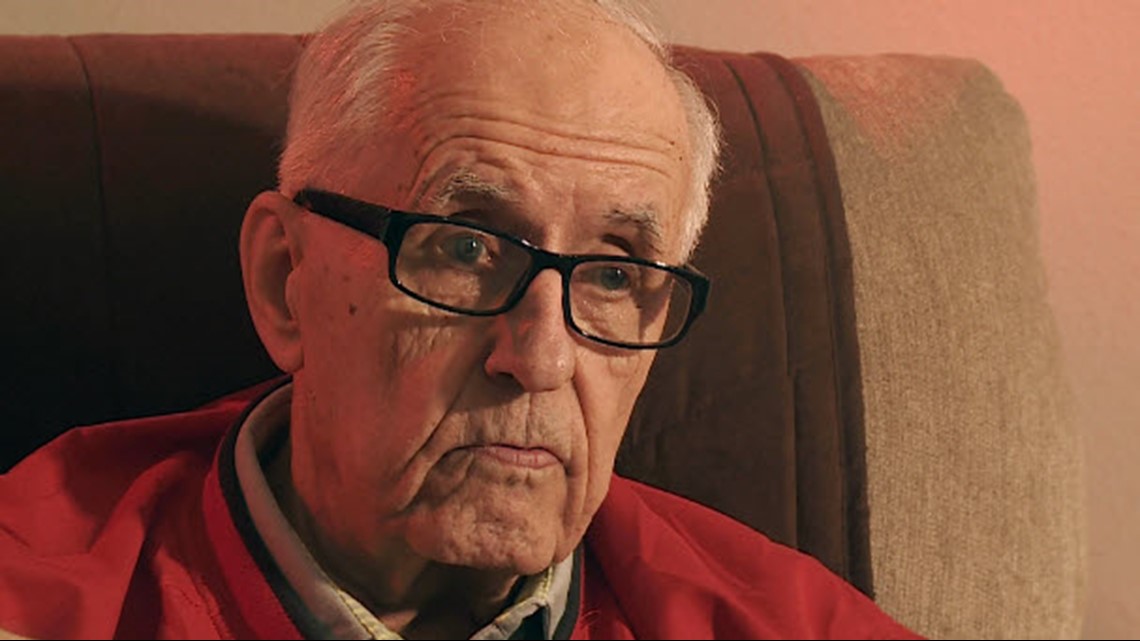
The case involved a St Cloud, Minnesota veteran and struck down the VA’s policy of denying reimbursement of emergency medical bills to veterans if their third-party insurance covered any portion of the care.
That was three years ago.
However, in May 2019, a KARE 11 investigation revealed that 86-year-old Richard Staab still has not been reimbursed the nearly $48,000 he paid out of pocket for his care.
Referencing KARE’s reporting from the bench during a hearing, Judge Greenburg exclaimed “Three years! Nothing’s happened! Not a dollar! What do we have to do?”
Richard Staab’s story actually began nine years ago. In 2010, the then 77-year-old suffered a heart attack and stroke. He was rushed to a nearby hospital in St. Cloud and had open-heart surgery.
“That heart of mine was pounding so bad, I’m lucky I’m still alive I guess,” Staab told KARE 11.
Medicare covered a portion of his treatment, but Staab says he was ultimately left with about $48,000 in out-of-pocket expenses for his hospitalization and recovery.

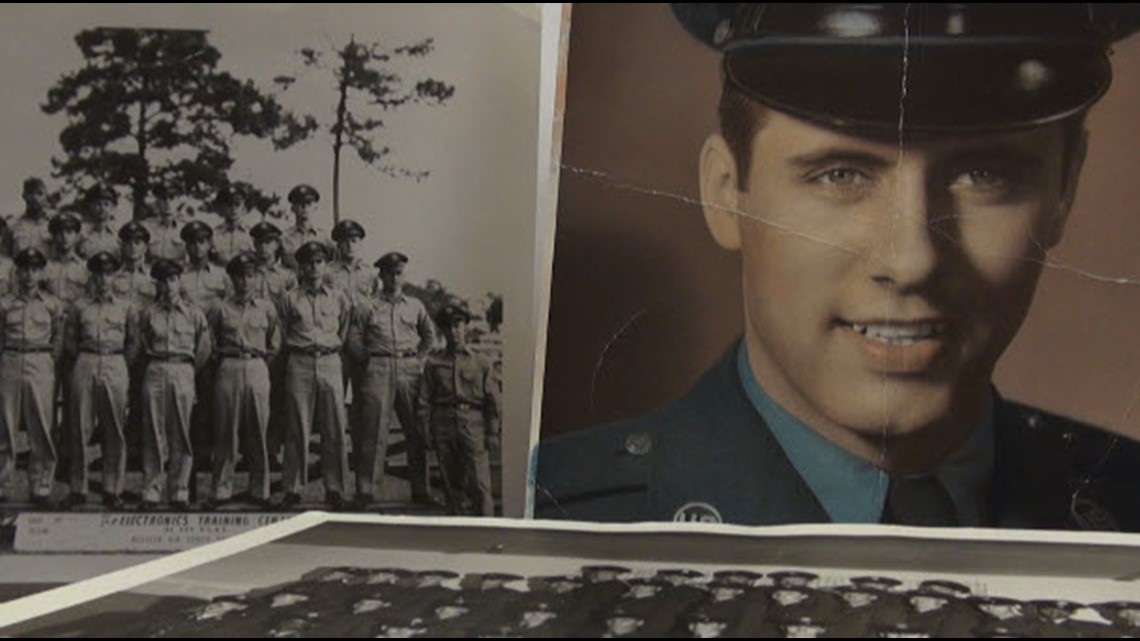
A U.S. Air Force veteran who enlisted during the Korean War, Staab typically relied on the VA for care. So, he submitted a claim for the outstanding balance to the St. Cloud VA, expecting to be reimbursed.
To his surprise, his claim was denied.
As a result, Staab says he had to clean out his life savings to cover the unpaid bills. “Goes down, you know,” he said of his finances.
The VA denied his claim citing an internal regulation authorizing reimbursement only if the “veteran has no coverage under a health-plan contract for payment or reimbursement, in whole or in part, for the emergency treatment.”
Because Staab’s expenses were partially covered by Medicare, the VA denied his claim for the remaining amount.
Staab and his attorney Jacqueline Schuh appealed to the St. Cloud VA twice but were denied both times. They lost again when they took his case to the Board of Veterans Appeals.
“We didn’t give up,” said Schuh.
With the help of the National Veterans Legal Services Program (NVLSP), they took the case to the U.S. Court of Appeals for Veterans Claims, arguing that the VA regulation used to deny Staab’s claim violated the Emergency Care Fairness Act.
“The denial was based upon the internal rule that the VA had been enforcing since 2010,” Schuh said. “But the internal rule was inconsistent with the law.”
When is a veteran “personally liable”?
When Congress passed the Emergency Care Fairness Act, it required the VA to cover a qualified veteran’s emergency medical bills if the veteran was “personally liable.”
Schuh and the NVLSP attorneys argued the law required VA to step in as a “secondary payer” when other health care insurers, such as Medicare, covered only a portion of the cost of a veteran’s emergency treatment leaving the veteran “personally liable” for the rest.
“It is pretty cut and dry,” Schuh said.
In April 2016, the three-judge panel agreed. They ruled in Staab’s favor, striking down the regulation the VA had been using to deny veterans emergency medical claims nationwide.
The court’s strongly-worded decision rebuked the VA, emphasizing that VA’s reimbursement regulation was “wholly inconsistent” with the law Congress had passed. The judges said the VA had unlawfully “declined to remedy this inconsistency.”

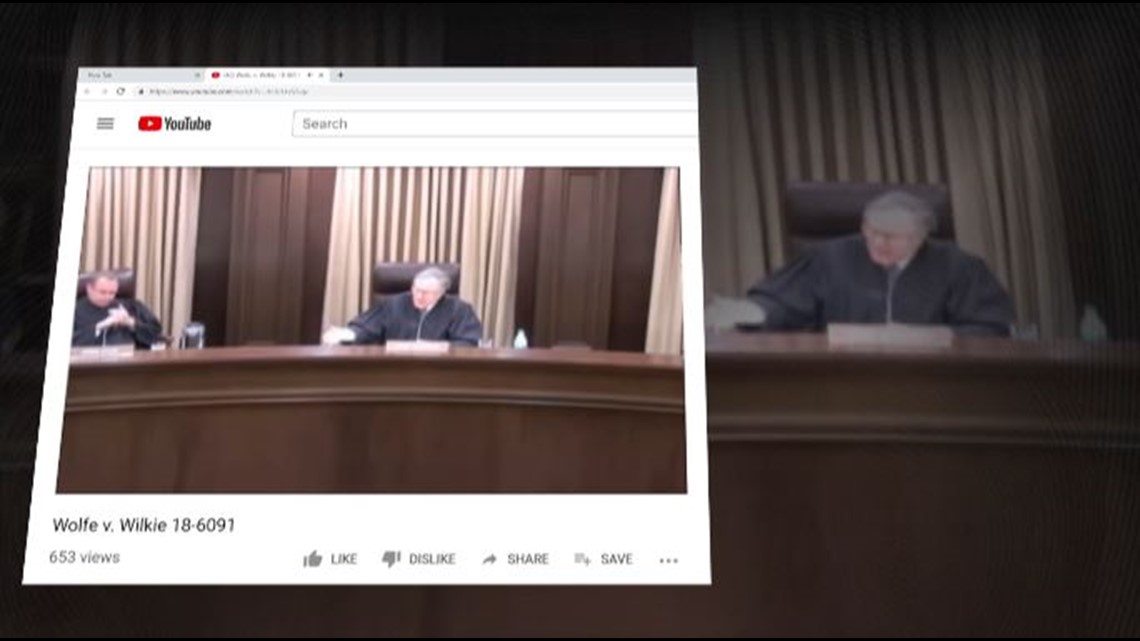
The VA appealed that decision. The matter was pending before the U.S. Court of Appeals for the Federal Circuit when VA Secretary David Shulkin made a surprise announcement in June 2017.
Testifying before a Congressional committee, Shulkin said the VA would “voluntarily withdraw” its appeal of the Staab case. It was a huge victory – not just for Staab, but for veterans across the country.
It also carried massive financial ramifications.
The VA estimated it was liable to pay 370,000 previously denied claims totaling more than two billion dollars.
“What did you expect would happen?” KARE 11 investigative reporter A.J. Lagoe asked Staab.
“That we would get paid,” Staab replied. “But it never came true.”
Read Staab’s sworn affidavit below or click here.
Despite dropping the appeal, the VA never reimbursed Mr. Staab. It created a new regulation and began claiming bills leftover after Medicare or other insurance payments are “deductibles, copayments or coinsurance” for which VA is not liable.
That led to the class action being filed on behalf of all veterans challenging the VA’s repeated denials.
New Court Ruling
In his opinion about the new ruling ordering VA to reimburse veterans, Judge Greenburg wrote, “…in Staab, we authoritatively corrected VA’s misunderstanding [of the statute] definitively and unambiguously.”
He added, “The Agency [VA] has effectively rolled back the clock and, with no transparency, essentially readopted a position we have authoritatively held inconsistent with Congress’s command. Recognizing this is what happened is – quite frankly – startling enough. It's difficult to conceive how an agency could believe that adopting a regulation that mimics the result a Federal court held to be unlawful is somehow appropriate when the statute at issue has not changed.”
The VA responded to KARE 11’s request for comment with the following statement from Media Relations Director Susan Carter: “VA is aware of this decision and reviewing it.”
According to the plaintiff’s attorneys, compliance with court’s decision will require VA to pay an estimated $1.8 billion to $6.5 billion in reimbursements to hundreds of thousands of veterans.
Mr. Staab hopes this means he’ll finally get paid back.
If you have a suggestion for an investigation, or want to blow the whistle on fraud or government waste, email us at: investigations@kare11.com


